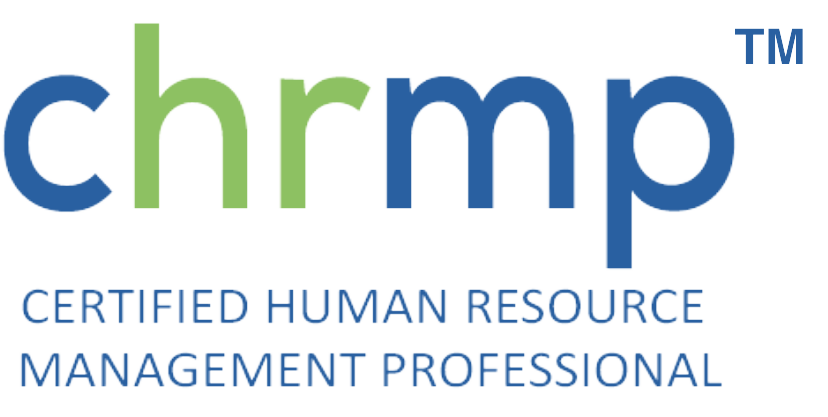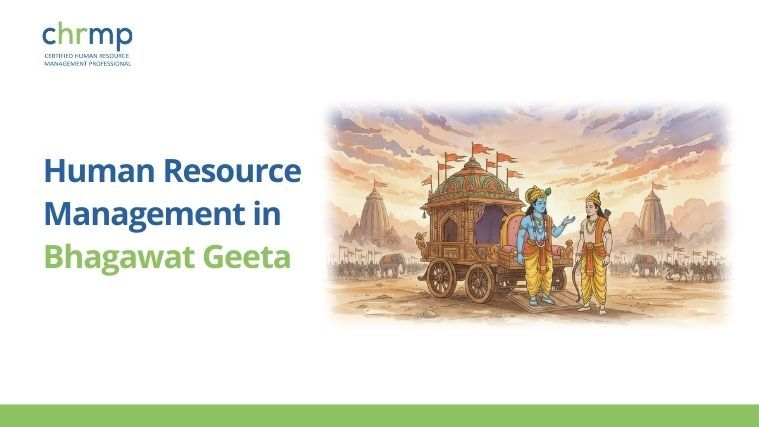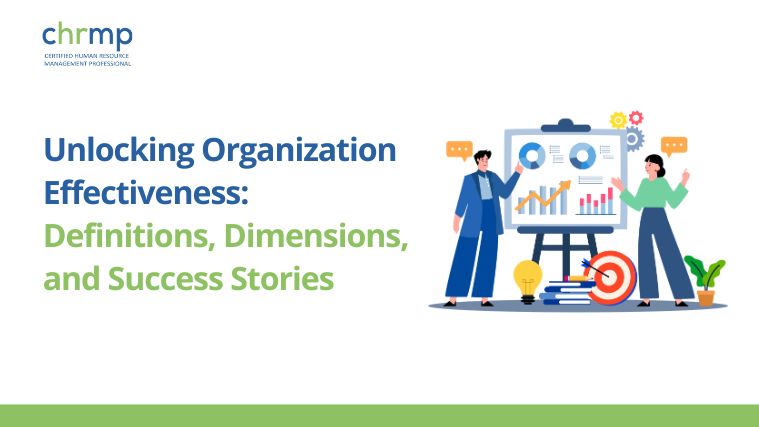Introduction
The Bhagavad Geeta, revered as a spiritual and philosophical classic, provides foundational principles that transcend its religious context. Its discourse between Lord Krishna and Arjuna offers deep insights relevant to Human Resource Management—guiding leaders on duty, motivation, ethics, emotional intelligence, and self-mastery, all pivotal to contemporary organizational life.
Leadership by Example
The Geeta underscores the critical importance of exemplary leadership. Leaders must set standards for others through conduct and work ethic.
Relevant Shloka (Sanskrit):
“यद्यदाचरति श्रेष्ठस्तत्तदेवेतरो जनः।
स यत्प्रमाणं कुरुते लोकस्तदनुवर्तते॥”
(Bhagavad Geeta 3.21)
Translation: “Whatever action is performed by a great man, others follow in his footsteps, and whatever standards he sets by exemplary acts, all the world pursues.”
Duty and Work Ethics (Karma & Niskama Karma)
HRM benefits greatly from the Geeta’s concept of dutiful action (karma), performed without attachment to results (niskama karma). This fosters professionalism and internal motivation.
Relevant Shloka (Sanskrit):
“कर्मण्येवाधिकारस्ते मा फलेषु कदाचन।
मा कर्मफलहेतुर्भूर्मा ते सङ्गोऽस्त्वकर्मणि॥”
(Bhagavad Geeta 2.47)
Translation: “You have the right to perform your prescribed duties, but not to the fruits of your actions. Never consider yourself the cause of the results of your activities, nor be attached to inaction.”
Equanimity and Emotional Stability
The Geeta promotes equanimity (samatva) as a key to balanced decision-making, essential for HR leaders dealing with adversity, conflict, and organizational stress.
*Advisor: Ripples Learning Services, Bangalore
Relevant Shloka (Sanskrit):
“समत्वं योग उच्यते॥”
(Bhagavad Geeta 2.48)
Translation: “Equanimity is called Yoga.”
Motivation Through Purpose
Connecting employees’ daily tasks with organizational mission inspires performance and satisfaction. The Geeta’s guidance to act in alignment with swadharma (own duty) helps HR managers promote purpose-driven work.
Relevant Shloka (Sanskrit):
“श्रेयान् स्वधर्मो विगुणः परधर्मात्स्वनुष्ठितात्।
स्वधर्मे निधनं श्रेयः परधर्मो भयावहः॥”
(Bhagavad Geeta 3.35)
Translation: “It is far better to discharge one’s prescribed duties, even though faultily, than another’s duties perfectly.”
Mind Control and Self-Mastery
Managing emotions and responses is essential in HR roles. The Geeta’s teachings on mind control drive home the need for continuous training and development for self-discipline.
Relevant Shloka (Sanskrit):
“चञ्चलं हि मनः कृष्ण प्रमाथि बलवद् दृढम्।
तस्याहं निग्रहं मन्ये वायोरिव सुदुष्करम्॥”
(Bhagavad Geeta 6.34)
“असंशयं महाबाहो मनो दुर्निग्रहं चलम्।
अभ्यासेन तु कौन्तेय वैराग्येण च गृह्यते॥”
(Bhagavad Geeta 6.35)
Translation: “The mind is restless, turbulent, obstinate and very strong, O Krishna. Its subjugation, I think, is as difficult as that of the wind…. It can be controlled by repeated practice and by detachment.”
Teamwork and Collaboration
Team spirit is integral for organizational success. The Geeta champions teamwork by emphasizing supportive leadership and collaborative pursuit of common organizational goals.
The Guna Theory—Understanding Human Nature
The Geeta outlines the concept of three gunas (sattva, rajas, tamas) which influence individual temperament and behavior—a basis for nuanced HRM practices, including recruitment, placement, and development.
Relevant Shloka (Sanskrit):
“त्रैगुण्यविषया वेदा निस्त्रैगुण्यो भव अर्जुन।”
(Bhagavad Geeta 2.45)
Translation: “The Vedas deal with the three modes (gunas) of material nature. O Arjuna, become transcendental to these three modes…”
Motivation, Empowerment, and Growth
Self-development (uddhared atmanatmanam) and encouraging personal responsibility are crucial aspects of workplace motivation and HRD.
Relevant Shloka (Sanskrit):
“उद्धरेत् आत्मनात्मानं न आत्मानम् अवसादयेत्।
आत्मैव ह्यात्मनो बन्धुः आत्मैव रिपुरात्मनः॥”
(Bhagavad Geeta 6.5)
Translation: “Elevate yourself by your own self; do not degrade yourself. The mind can be the friend and also the enemy of the self.”
Ethical Leadership
Ethics and righteousness are foundational in all HRM decisions. The Geeta instructs leaders to act ethically and courageously, irrespective of outcomes, and underscores the importance of integrity.
Relevant Shloka (Sanskrit):
“यदा यदा हि धर्मस्य ग्लानिर्भवति भारत।
अभ्युत्थानमधर्मस्य तदात्मानं सृजाम्यहम्॥”
(Bhagavad Geeta 4.7)
Translation: “Whenever there is a decline in righteousness and an increase in unrighteousness, O Arjuna, at that time I manifest Myself
Renunciation and Detachment
HR managers must sometimes take tough calls impartially. The Geeta teaches non-attachment to results as vital for making unbiased and effective decisions.
Relevant Shloka (Sanskrit):
“त्यक्त्वा कर्मफलासङ्गं नित्यतृप्तो निराश्रयः।
कर्मण्यभिप्रवृत्तोऽपि नैव किञ्चित्करोति सः॥”
(Bhagavad Geeta 4.20)
Translation: “Giving up attachment to the results of all activities, ever satisfied and independent, he performs no fruitive action, although engaged in all kinds of undertakings.”
Conclusion
Human Resource Management as envisioned in the Bhagavad Geeta weaves together duty, ethical leadership, emotional intelligence, self-mastery, teamwork, and a commitment to personal and organizational growth. Its teachings serve as a practical and inspirational guide for HR managers across contexts and cultures, addressing challenges both old and new





